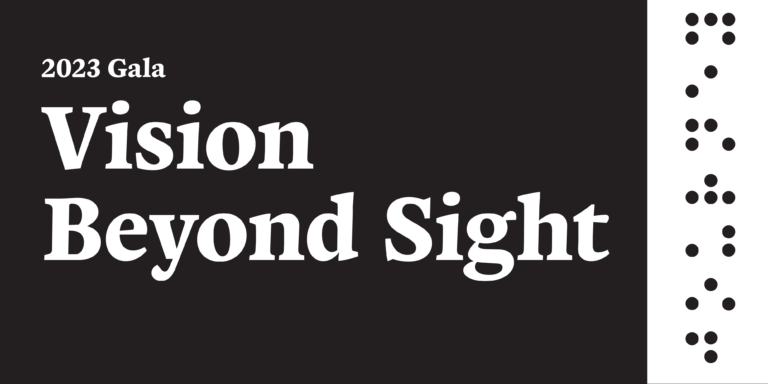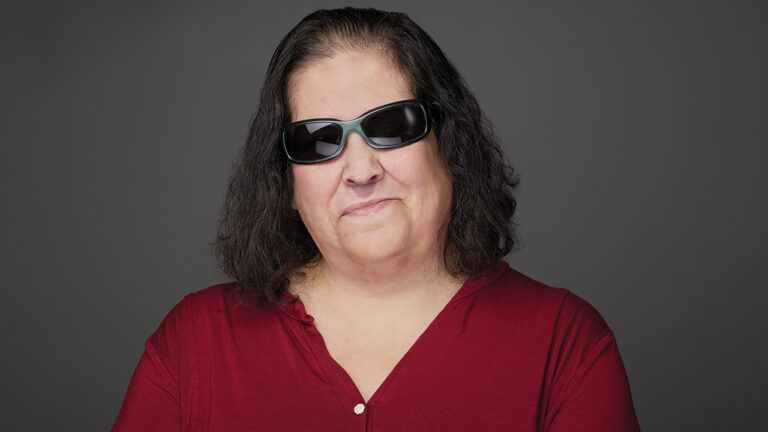Mentoring relationships are celebrated in January, which is National Mentoring Month. What exactly does mentoring mean? And how is a mentor/mentee relationship beneficial? Mentoring is defined as training and advising. Most people are familiar with this concept, but not many realize the potential power of mentoring or being mentored.
“Effective mentoring takes effort, and creating successful mentoring relationships requires specific skills, sensibilities and structure from both the mentor and mentee,” Mary Abbajay said in a Forbes article, Mentoring Matters: Three Essential Elements of Success. Committing to the relationship and establishing a structure benefits both parties. According to the American Psychological Association (APA), research supports mentor/mentee relationships, showing that mentees excel in personal and professional endeavors when being mentored.
The Importance of Mentoring Relationships
Mentoring relationships can help with various skill sets besides employment or school. It’s common to make resolutions at the beginning of the year; this includes learning new skills or knowledge for many. Finding a mentor to guide you along the way has the potential to provide a teacher and a support system.
Some goals you might set for 2020:
-
Cook a new cuisine.
-
Take an exercise class.
-
Learn new computer software.
Searching for a mentor also connects you to people with similar experiences. This can be crucial for disabled people. Finding those who have and do navigate similar circumstances positively impacts your mindset and ability to act. Exposure to other people with visual impairments, especially if they can act as mentors and help you navigate the world as a person with visual impairments, can dramatically impact your daily life and the goals you set forth.
According to Mentor: The National Mentoring Partnership, people exposed to positive role models often excel. Demographics given low expectations see an increase in personal and professional goals once paired with a mentor. Often, they are more likely to:
- Enroll in college
-
Volunteer regularly
-
Hold leadership positions
Getting Involved Through Mentorship Programs
Mentoring happens both formally and informally. You can find a mentor who lives next door or seek mentoring programs. Some potential formal local programs to consider for both mentors and mentees are:
-
TeamMates– A school-based program where matches meet weekly during the academic year, usually playing games, shooting hoops, or just talking.
-
Dream– This program college-educated men with at-risk young men. Dream teams work on decision-making, goal-setting, and accountability.
-
Big Brothers Big Sisters of the Midlands– This project pairs adults with children in mentoring relationships. Mentors and mentees meet individually in addition to participating in group activities.
-
NFB Career Mentoring– The National Federation of the Blind works with state agencies to provide mentoring relationships to blind teens and those in their early 20s. Blind professionals are paired with blind mentees. The focus is on employment, but teams engage in various activities, including retreat weekends. Currently, Nebraska, Maryland, and Mississippi have active programs.
-
Mentor Nebraska– This program uses a database to connect mentors with various mentoring opportunities.
Find informal mentoring opportunities by joining a local club or group that interests you or signing up for a yoga class or book club. If you seek out other people with visual impairments, finding a local chapter or state affiliate of the National Federation of the Blind and the American Council of the Blind are great ways to connect. Online avenues to seeking mentoring opportunities include Buy Sell Trade groups on Facebook and Nextdoor. Wherever and with whomever you find mentoring partnerships, here are a few guidelines to keep in mind:
-
Discuss the structure of the relationship. Make sure all parties are on the same page.
-
Determine how often you should meet and select a joint location.
-
Design an outline for what is confidential and what is not.
-
Be receptive to feedback and commentary.
Like any relationship, a mentoring partnership takes time to develop. Trust must be built. If you take the time to nourish a mentoring relationship, it will bring exponential benefits. Figure out how mentoring can enhance your life in 2020.



